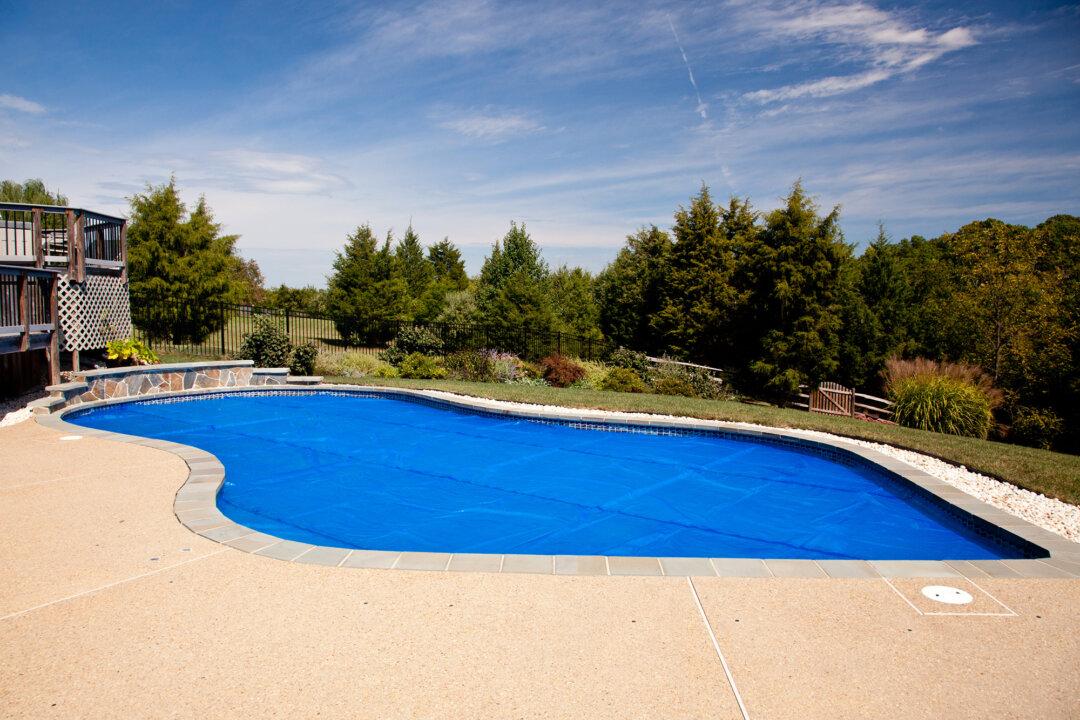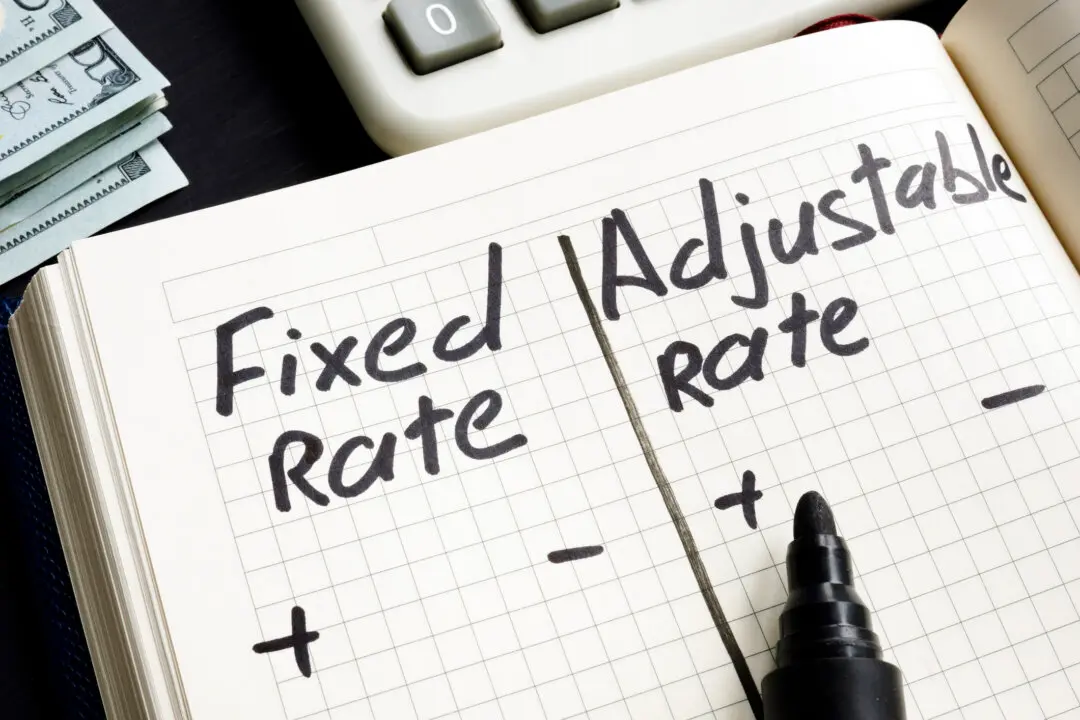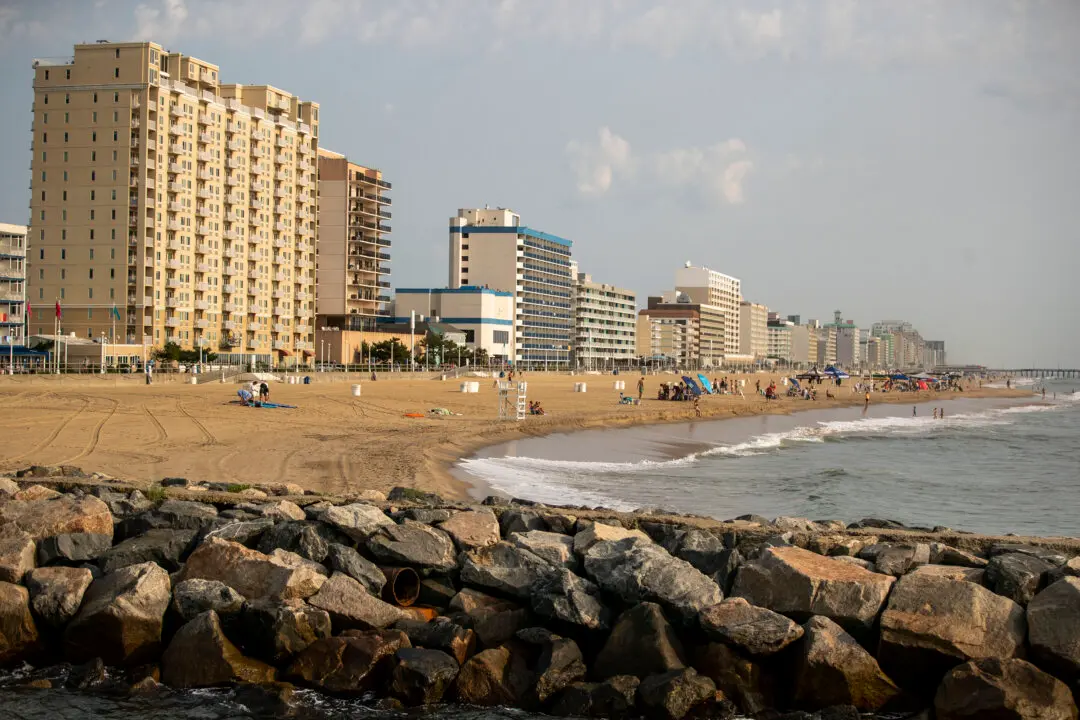We mostly think of home swimming pools as summer diversions. After all, the most efficient heater available to us, the sun, is keeping the water warm at all times. But, thanks to solar panels, you can also heat water and keep your pool warm much earlier in spring and much later into the chilly season if you so desire. Given that a pool generally gets only a few months of use in the year to begin with, adding a few months to that schedule can make a big difference!
Solar pool heaters come in a variety of forms. The most common is a solar pool cover, which literally covers the pool and transmits heat from the sun directly to the water. They can be effective, but they don’t work while you’re actually using the pool, since they can’t provide continuous heat.
You can also consider a solar dome cover over your pool, which protects swimmers from the elements and keeps the internal area warm.
For the most effective solar pool heater, consider a full solar panel system. You’ll pay an average of $1,600 to $5,200 for this system, but it saves so much energy that it’s likely to pay for itself in just a few years. Fewer moving parts makes maintenance cheaper, too.
Essentially, a solar heater uses solar panels to collect the sun’s energy and circulate the water through pipes heated by the solar energy. They also work the opposite way if you need to cool off your pool, by pumping water through the unheated pipes at night. You can also augment the effectiveness by combining it with a solar pool cover.
Solar pool heaters offer a variety of advantages. They’re quite environmentally friendly, since they consume no fossil fuels and generate no emissions; they simply redirect the sun’s energy.
They also save a lot of money on utility bills. Pool Research estimates that while you’ll spend from $1,400 to $4,800 per year to power a natural gas heater, solar heaters cost virtually nothing. You’re only paying for the unit itself and the upkeep. And because of their efficiency, solar pool heaters require much less maintenance. You can expect such a heater to last for 15 to 20 years, as opposed to the five-year lifespan of your average natural gas pool heater.
Don’t forget that pool heaters do still need to have their filter cartridges regularly checked and replaced. Filter cartridges are an important part of an efficient pool system.
Tweet your home care questions with #AskingAngi and we’ll try to answer them in a future column.
Copyright 2023 Ask Angi. Visit at angi.com. Distributed by Tribune Content Agency, LLC.
Dear Readers: We would love to hear from you. What topics would you like to read about? Please send your feedback and tips to [email protected].





